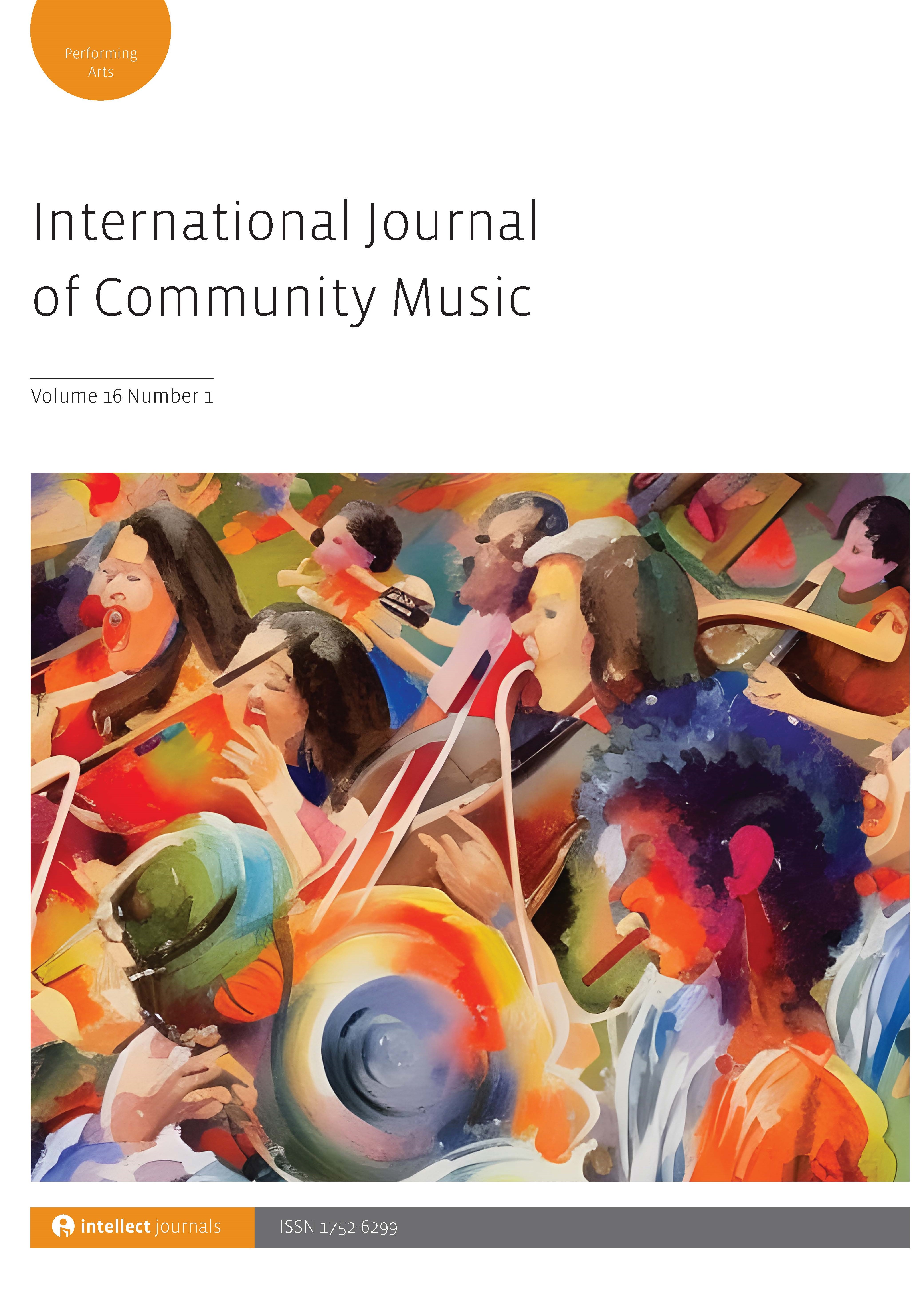
Full text loading...
 , Cynthia Kinnunen1
, Cynthia Kinnunen1
This article analyses reflections of two years of an opera creation project that integrated professional artists with community participants. The authors, who were involved as artists in the project, explore one line of inquiry guiding the larger project: can the perceived exclusive, high-cultured opera medium welcome amateur performers successfully? What is the nature of the collaboration? The authors integrated critical discourse studies (CDS) with arts-informed research practices to inform methodology. The analysis is presented as a scripted dialogue, focusing on three interconnected themes: the relationship of opera to community music; tensions of inclusivity in a creative project occurring during the COVID-19 pandemic; and considering creative and decision-making processes in co-creation. We examine how our experiences were organized though language and connected to discourses of inclusivity and excellence in community music.

Article metrics loading...

Full text loading...
References


Publication Date:
https://doi.org/10.1386/ijcm_00087_1 Published content will be available immediately after check-out or when it is released in case of a pre-order. Please make sure to be logged in to see all available purchase options.